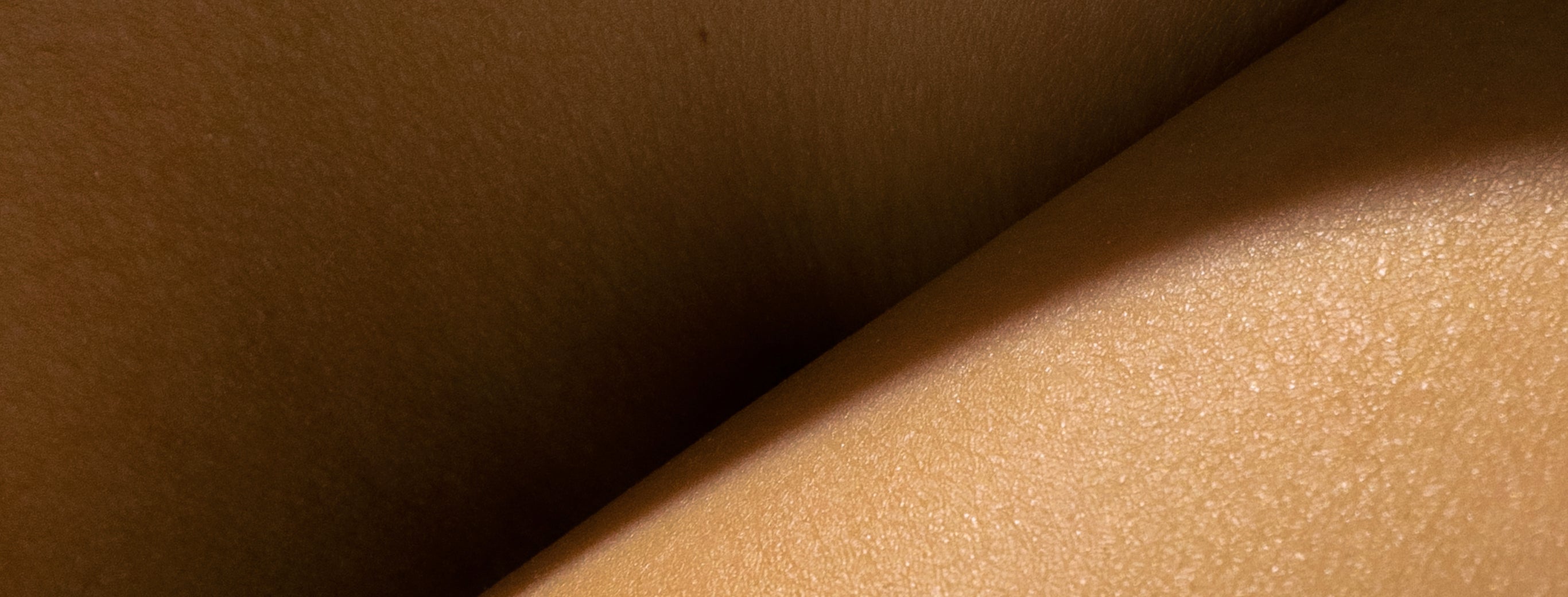How do I get ready for plastic surgery?
Common advice for preparing for surgery involves, “eat healthy, eat clean, and eat more protein.”
But true nutrition prehab is a scientific method that is well known to drastically reduce your risk of complications, have a faster healing, and experience a better overall recovery.
So you are likely asking yourself: How do I get ready for plastic surgery?
There are 3 categories of preparing for surgery:
1. Logistically: Time off, Payment plan, Post op care, traveling, Babysitter, Dog sitter, etc etc.
2. Physically: Resistance training and cardio .
3. Nutritonally: Nutritionally prehab.
For the sake of this article, lets stick to what I know best: Nutrition!
What is nutritional prehab?
Prehabilitation, or prehab, is the process of priming one’s body for a surgical procedure with the intention of maximizing an individual’s resilience after surgery.
The process of nutritional prehabilitation is to optimize nutrient stores and create a metabolic reserve to compensate for the stress response of surgery. In essence, it is preparing for body like you would a marathon: making sure it can run the race to finish strong.
Why is nutrition prehabilitation recommended?
Reduces the chance of incision infection
Appropriate nutrition has been proven to improve outcomes such as reducing the likelihood of surgical site infections. With a healthy immune system, supported by optimal nutrition, wounds can be closed by the body cleanly and efficiently.
Keeps you invested in the entire process
Beginning a nutrition prehab program can ensure early patient engagement, prompting better compliance with the recommended nutrition program post-surgery. Studies show the better the prehab, the better the outcomes in the long term
Gives your body the reserves it need to immediately begin the healing
Nutrition care prior to surgery aims to compensate for postoperative catabolic (increased metabolic need) and/or inflammatory response. When the body has been subjected to traumas such as large wounds or tissue removal, it will make its primary directive to heal the surrounding tissue and restore normal functioning.
-
Replenishes nutrient deficiencies
As many as 2- 3 surgery patients arrive to the hospital being malnourished . In fact, over 50% of americans have been described as the hidden hunger which is being deficient in micronutrients despite appearing healthy
How do I get started with my nutrition prehabilitation?
1. Do My #twopoint oh formula.
See the IG post here.
The #twopointoh formula is my SIMPLE formula to get you on a jumpstart for your journey.
It is :
- 20 grams of protein/meal.
- 2 cups of produce/lunch and dinner;
- 2 days a week of resistance training.
2. Get labs drawn from your primary care physician.
The A "Lab Draw" is when the doctors request blood being drawn to analyze. This lab draw will reflect your hydration and nutrition status, as well as other important items.
From this lab draw, you will get a reflection of what your body needs. Does it need more protein? More water? A lab draw is a great jumping off point. I recommend working with a registered dietitian to understand your lab values and how they affect your surgery.
3. Follow plastic surgery nutrition groups.
Follow us on IG here.
Watch our youtube videos here.
BOTTOM LINE
1. Nutrition Prehab is working to improve your nutrition before surgery. This improves nutrition success!
2. Starting eating for your surgery should start 3-6 months before surgery.
3. Following science-based nutrition groups helps you create a solid foundation for your surgery success!!
Follow us on IG here.
Watch our youtube videos here.
Check out our surgeon acclaimed Surgery Recovery Kits here!


